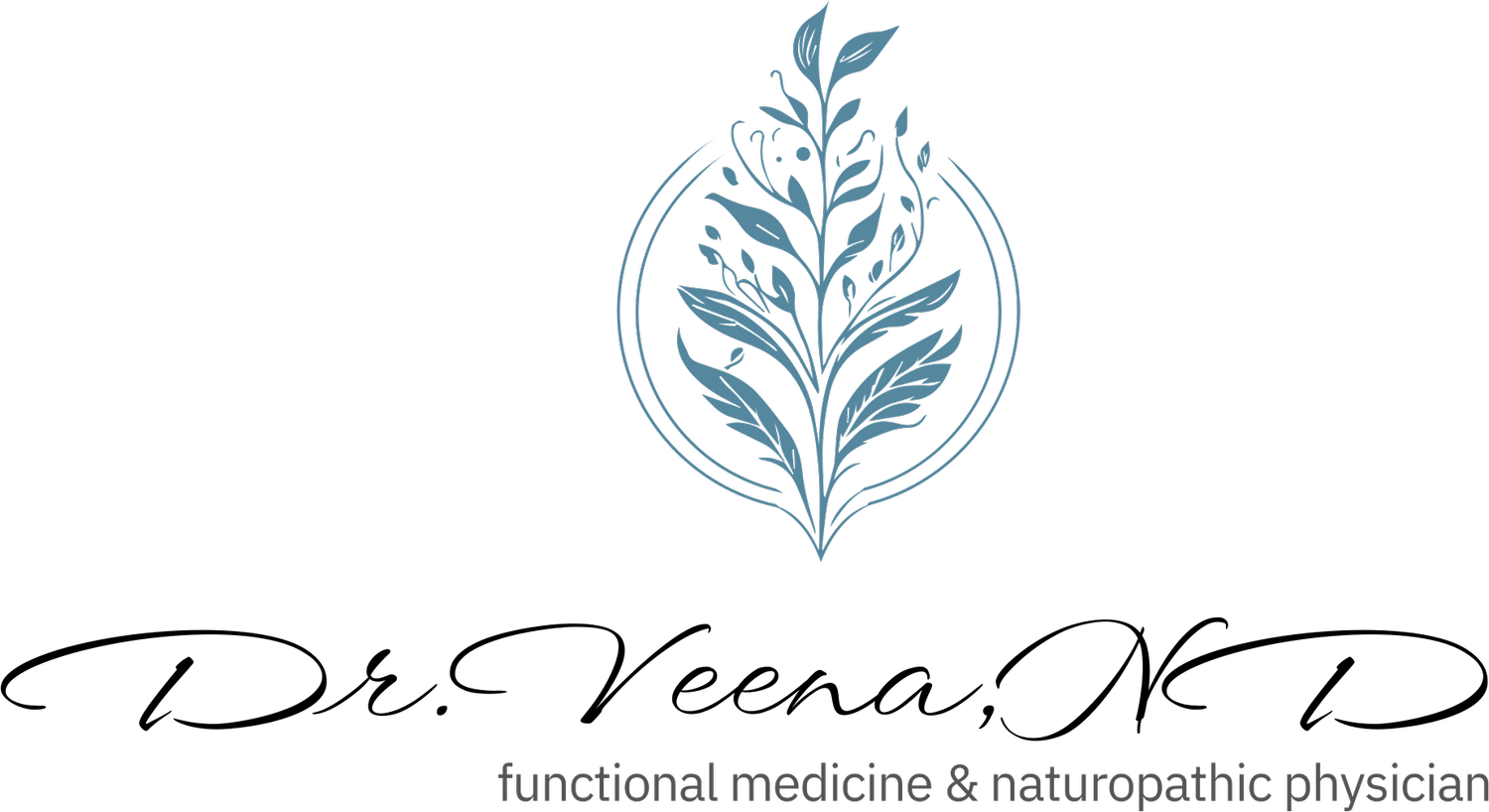5 Signs of Estrogen Imbalance You Shouldn’t Ignore
Estrogen is one of the most important hormones in a woman’s body. It supports your menstrual cycle, bone strength, mood, skin health, heart health and even brain function. But when estrogen levels are too high or too low, it can throw your whole system off balance.
Many women dismiss the symptoms of estrogen imbalance as “just part of getting older” — but they don’t have to be. Recognizing the early signs is the first step to getting your hormones back on track.
Here are 5 common signs of estrogen imbalance you should not ignore:
1. Irregular or Heavy Periods
Estrogen helps regulate your menstrual cycle. When levels are out of balance, you may notice:
Periods that are irregular or unpredictable
Heavy bleeding or clotting
Very short or very long cycles
These changes are often brushed off, but they can signal that estrogen is either too high (leading to heavy periods) or too low (leading to skipped cycles). Left unaddressed, this can affect fertility, energy, and overall health.
2. Mood Swings, Anxiety, or Low Mood
Estrogen is a neuroactive steroid and influences neurotransmitters like serotonin and dopamine. Too little estrogen can decreases these chemical messengers, leave you feeling down, anxious, or irritable and even causing brain fog. Too much can create heightened mood swings and even worsen PMS.
If you feel like your emotions are all over the place, it’s worth checking whether hormones (not just stress or life events) are playing a role.
3. Weight Gain Around the Hips, Thighs, or Belly
Hormonal imbalance often shows up on the scale. Estrogen dominance (too much estrogen compared to progesterone) can cause weight gain, especially around the hips, thighs, and belly. On the flip side, low estrogen during perimenopause and menopause can also make it harder to maintain muscle, increase visceral fat and slow down metabolism.
If diet and exercise aren’t giving you results, your hormones may be part of the puzzle.
4. Breast Tenderness or Fibrocystic Breasts
Sore, swollen breasts before your period? Lumpy or tender breast tissue? These are often linked to excess estrogen. While breast changes can be common, recurring tenderness or fibrocystic breasts can be a sign your hormones need support.
Because estrogen also plays a role in breast health long-term, it’s important to pay attention to these signals and discuss them with your provider.
5. Trouble Sleeping or Fatigue
Estrogen affects both sleep quality and energy regulation. Low estrogen can lead to night sweats, insomnia, or waking up frequently. High estrogen, especially when paired with low progesterone, can leave you feeling “wired but tired.” With its domino effect on serotonin, low estrogen can trigger more anxiety and affect your ability to cope with stress.
If you’re dragging through the day despite getting into bed on time, hormones may be part of the issue.
Other Possible Symptoms of Estrogen Imbalance
While the five above are the most common, you may also notice:
Headaches or migraines (especially around your cycle)
Digestive distress
Low libido
Vaginal dryness or discomfort
Brain fog or forgetfulness
Hair thinning or skin changes
What to Do if You Suspect Estrogen Imbalance
The good news is that estrogen imbalances are very common — and very treatable. You don’t have to live with frustrating symptoms.
Here are some steps you can take:
Track your symptoms for at least 2–3 months. This helps identify patterns.
Balance your blood sugar with protein-rich meals — this helps regulate estrogen.
Reduce toxin exposure from plastics, pesticides, and synthetic fragrances, which can mimic estrogen.
Prioritize stress management since cortisol imbalance directly affects estrogen and progesterone.
Consider having detailed hormone testing to create a personalized plan.
Final Thoughts
Your body is always sending you signals — and hormones are often at the root. If you’ve been struggling with irregular cycles, mood changes, weight shifts, breast tenderness, or sleep issues, don’t ignore it.
Estrogen imbalance isn’t “just part of being a woman.” With the right support, you can restore balance, feel like yourself again, and protect your long-term health.
